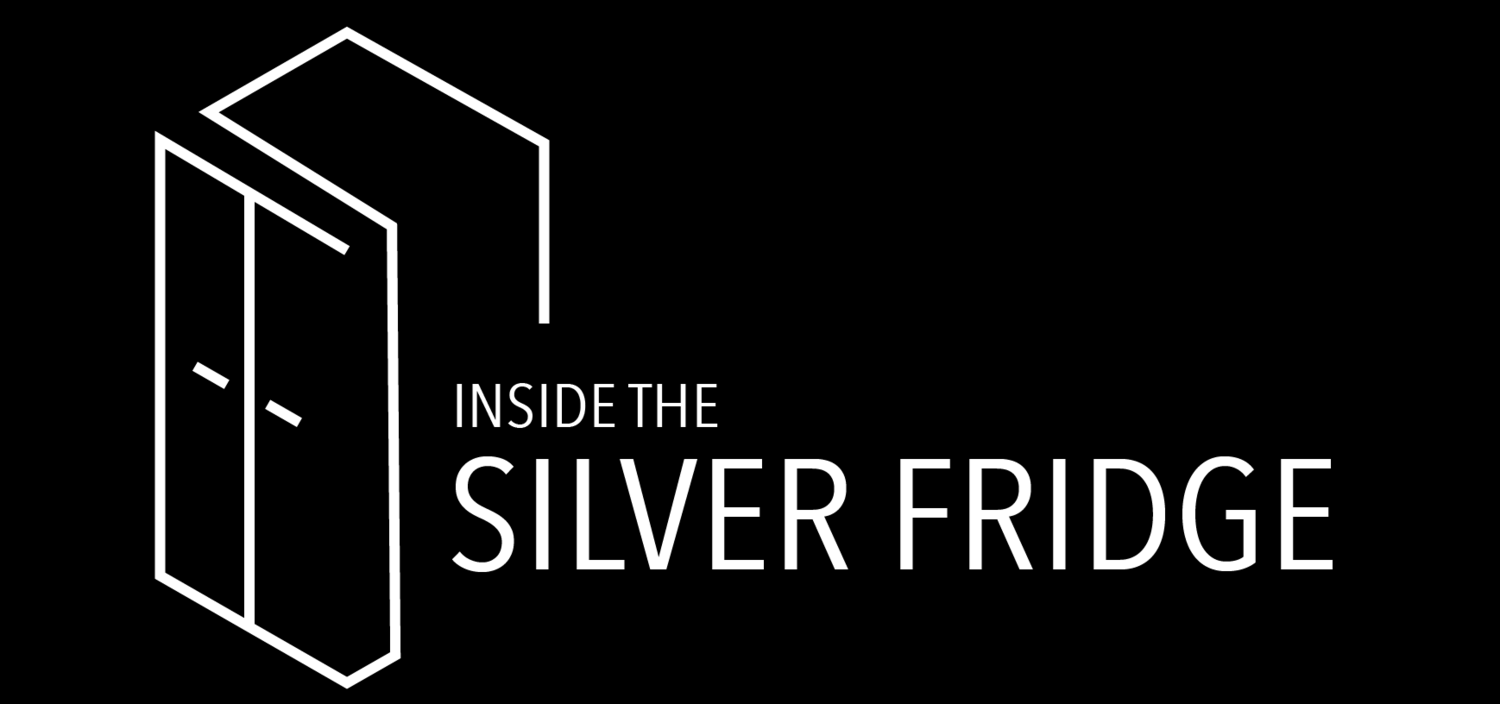Interleaving and You
/Yesterday’s Academic Half Day was an excellent example of interleaving.
What is it? Why are we doing it?
Traditional learning often involves studying one block or content area at a time, and then moving on to the next (think: GI, then renal, then cardiology).
However, cognitive science suggests that interleaving topics, or mixing them up as you study, is actually a more effective way to remember things long term.
You may have noticed that our Academic Half Day schedule seems to jump around a bit. This is by design. We started with Acid Base, then did Syncope, followed by ACS, and yesterday we did Pneumonia.
The method to our madness comes in how the chief residents develop cases for each session.
Yesterday our 3rd case was patient who developed a hospital acquired pneumonia 4 days after receiving a drug eluting stent. The patient developed respiratory failure, and we asked you to solve his acid-base problem (he had an increased anion gap metabolic acidosis with concomitant respiratory alkalosis).
Adult learning principles here include:
- Testing (can you solve the problem?)
- Spacing (it’s been a month since the Acid Base presentation)
- Interleaving -- ACS/post stent patients get pneumonia develop acid base disorders. You were asked to reflect on why the patient developed this particular Acid Base problem. In addition, you were asked what to do in a post-stent patient who is too sick to take his antiplatelets.
In addition, we did some EBM work yesterday ahead of the formal EBM presentation next week (you calculated pretest probability of pneumonia in a homeless patient with symptoms to try to decide to get x-ray or not).
Interleaving often feels more difficult than block studying, but have faith! By connecting ideas together (Acid Base, Pneumonia, Sepsis, Hospitalized Patients, ACS, EBM) you are more likely to retain what you learn long term.
To learn more about Interleaving, including the evidence on the effect of long term learning check out these resources:
BLOG POST: http://www.learningscientists.org/blog/2016/8/11-1
Literature Review: https://cognitiveresearchjournal.springeropen.com/articles/10.1186/s41235-017-0087-y
